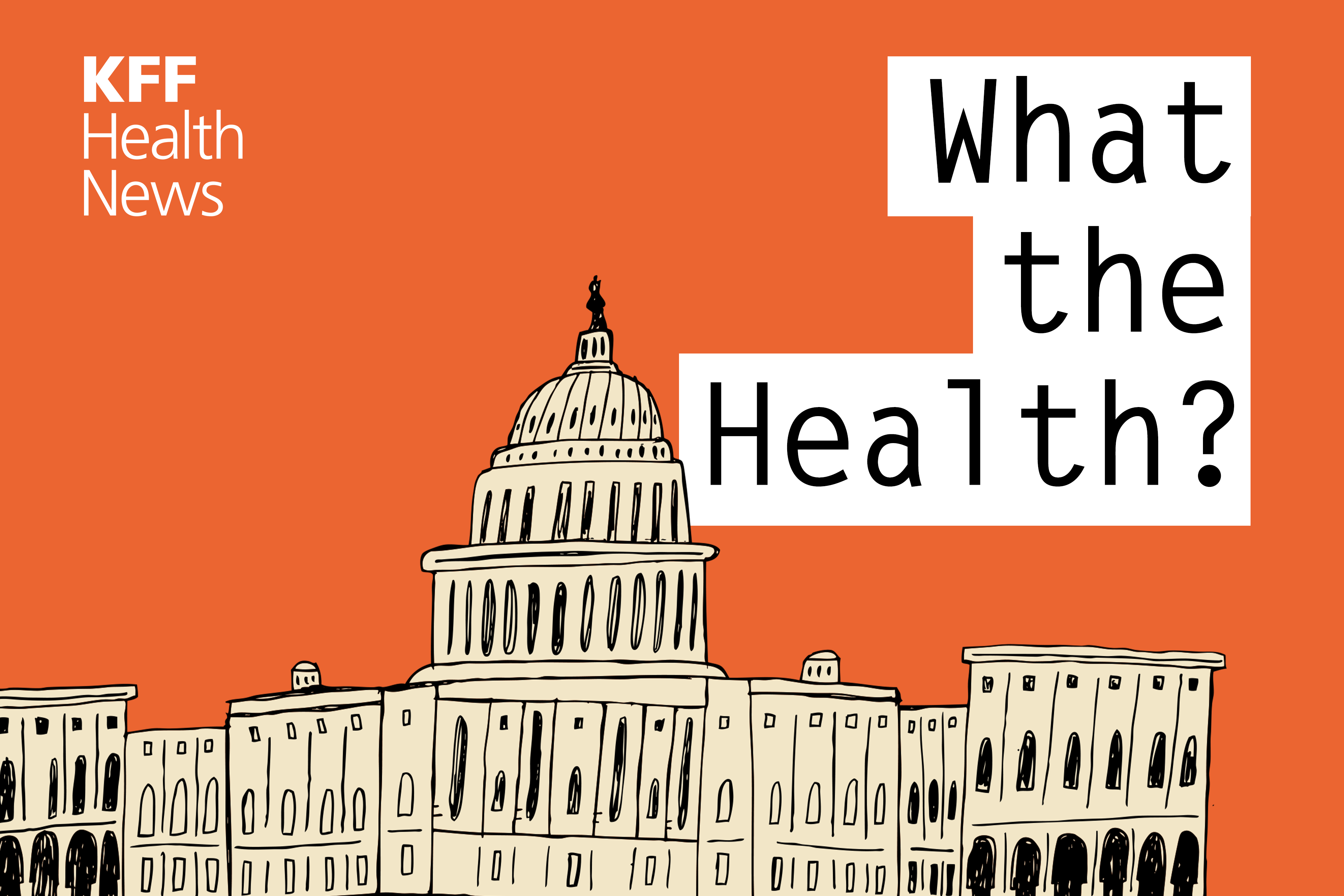AI Revolution in Healthcare: Why Every Team Member Matters

Understanding Health System Performance Tracking: A Comprehensive Guide
In the rapidly evolving world of healthcare technology, tracking performance isn't just a recommendation—it's a critical necessity. Healthcare organizations rely on comprehensive monitoring systems to ensure that technological innovations are delivering real value and meeting patient care standards.
Key Stakeholders in Performance Tracking
Multiple professionals play crucial roles in evaluating and improving healthcare technology performance:
- Healthcare Administrators: Oversee the strategic implementation and assessment of new technologies
- Clinical Staff: Provide frontline insights into technological effectiveness and practical usability
- IT Specialists: Monitor technical performance, identify potential improvements, and ensure system reliability
- Data Analysts: Collect and interpret performance metrics to drive evidence-based decision-making
Continuous Improvement Process
Performance tracking is an ongoing cycle that involves:
- Regular performance assessments
- Gathering user feedback
- Analyzing technical metrics
- Implementing targeted improvements
- Reassessing after changes
By maintaining a dynamic and responsive approach, healthcare systems can ensure that technological solutions consistently meet the highest standards of patient care and operational efficiency.








